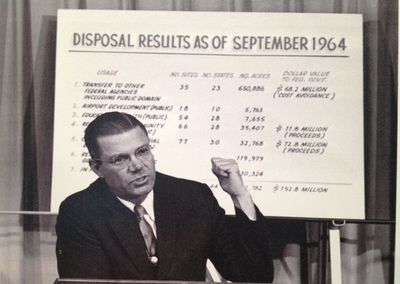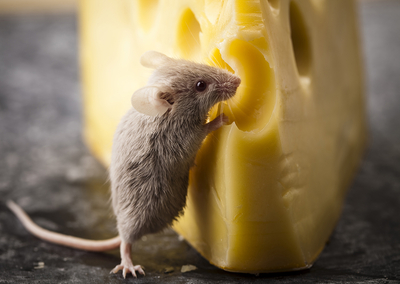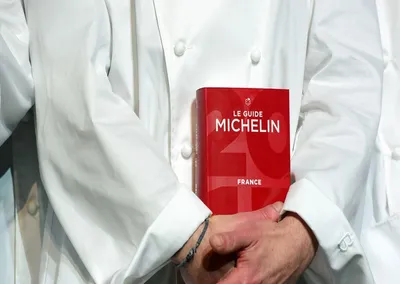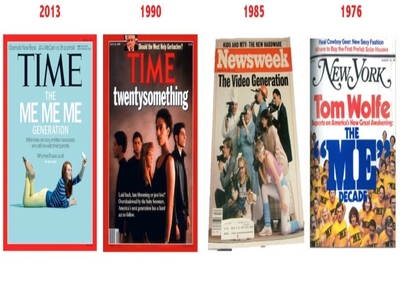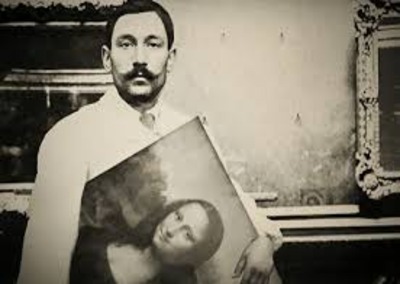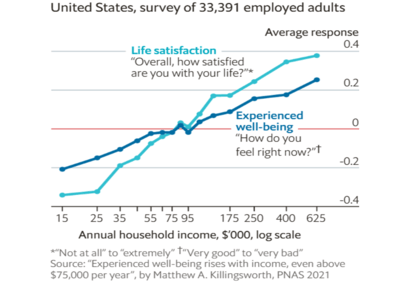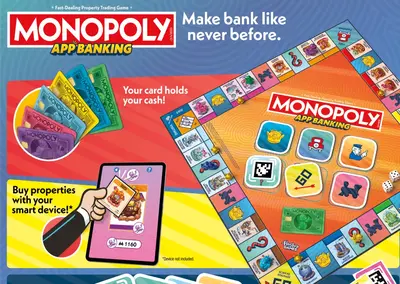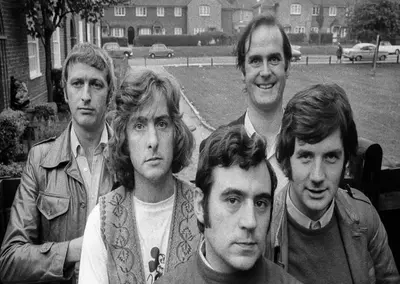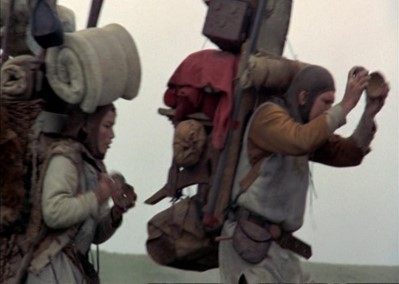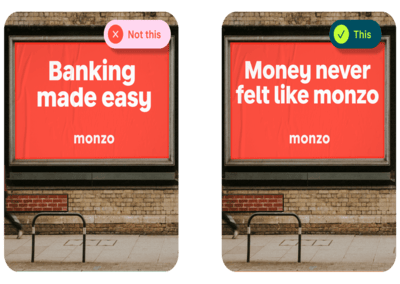The McNamara fallacy – making a decision based solely on quantitative observations and ignoring all others – is named after Robert McNamara, US Secretary of Defense during the Vietnam war. He measured success solely by tracking body count, which, although quantifiable, ignored crucial factors the enemy’s guerilla tactics and the loyalty of its soldiers.
All Threads
The McRib made its debut at McDonald’s in 1981, and while it initially attracted some attention, it wasn’t enough to keep it as a permanent fixture on the menu. But when the sandwich was taken away, many customers expressed disappointment and a desire for its return. This prompted McDonald’s to periodically bring the McRib back, but always for a limited time, over the next few decades. The sandwich’s temporary nature sparked a devoted following, so much so that a McRib locator was created to help fans find it.
Our customary map of the world, the Mercator projection, is wildly inaccurate. Africa appears to be the same size as Greenland, when in fact it is 14 times larger. Antarctica seems to be the biggest continent, but it’s actually the third smallest and dwarfed by both the Americas. The map was first used by explorers because it preserves angles and shapes (for navigation), but as a result it massively distorts the size of land masses.
It has been popularised by Shakespeare, Tom & Jerry and many others, but in reality mice don’t have a strong preference for cheese. They prefer sweet foods, such as fruits or grains. So think twice before setting your next mouse trap.
They signal a restaurant’s success, but often the start of its collapse. A UCL study of highly rated restaurants showed that those with stars were more likely to close down than those without. The publicity from the star means that guests become more demanding and businesses they deal with, like ingredient suppliers, use the opportunity to charge more.
A series of studies have shown that middle names make us sound smarter. When the author’s name, David Clark, was given without initials, it was evaluated less positively than the same essay written by an author named David F. P. R. Clark. However, the middle initials effect only occurred in domains where intellectual performance matters (e.g. quizzes) but not where it is secondary (e.g. team sports).
Millennials are the “me me me” generation, just like every other one.
The Mo Salah effect: after Salah joined Liverpool F.C. hate crimes in the Liverpool area dropped by 16%, and Liverpool F.C. fans halved their rates of posting anti-Muslim tweets relative to fans of other top-flight clubs.
The Mona Lisa became the world’s most famous painting only after it was stolen. Before its theft in 1911 it was not widely known outside the art world. But its disappearance prompted an international media frenzy and a frantic criminal investigation, and two years passed before it was discovered.
The aphorism was seemingly proven in 2010, when economists found no increase in well being above an annual income of $75,000. But the research was flawed – in how the data was collected and how the questions were asked – and when it was revisited in 2023 the conclusion changed: well being and life satisfaction continued to rise with income, even past $500,000.
Monopoly released a new ‘simplified’ version of the game, where a mobile app handles all transactions and removes the need for a banker or physical money. Sure, players will find it easier to pay, and harder to cheat, but in the words of one journalist: “it is nowhere near as tantalising as the prospect of flaunting piles of pink and orange notes in a delicious victory over your competitive mother.” Plus, as any regular player will know, a bit of fraud is part of the fun.
By the time of Monty Python’s 25th anniversary, author George Perry wrote that “the five surviving members had with the passing years begun to occupy an institutional position in the edifice of British social culture that they had once had so much fun trying to demolish.”
One of the most iconic scenes from Monty Python and the Holy Grail shows the knights riding around on invisible horses, using coconuts to sound like horses’ hooves. But this wasn’t the original plan – it was done because the Pythons couldn’t afford real horses. Without this constraint, the scene wouldn’t have been nearly as funny.
The bank initially required customers to join a three week waiting list, creating the sense that the product was special. It then gave customers a golden ticket – but only one – to pass to friends so they could skip the waiting list and get immediate access. According to founder Tom Blomfield, “it just worked incredibly well – about 40% of our sign-ups in 2017 came from golden tickets and it cost us nothing.”
The brand has a simple rule: add ‘by monkeys’ to any sentence to ensure you are writing in the active – not passive – voice.

